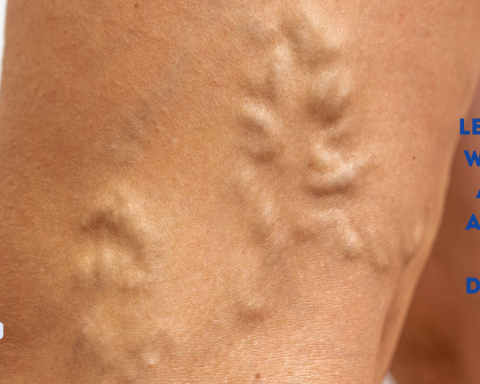PRP Injection Cost can vary depending on the level of benefits you have.
Is the cost of the PRP treatment worth it? Here we discuss why it is worth having the treatment. The medical benefits you have will affect the cost of the treatment.
We know getting benefits that will cover such a procedure will be expensive. It will be costly, no matter your insurance provider. Although depending on your insurer, the cost can be reduced to as little as $500.
If you want to know more about the pharmaceutical industry, such as what does this medical breakthrough do, how does it heals wounds, and how much does PRP Cost, then this is the perfect article for you.
What is PRP?
We know what you must be thinking. What exactly is PRP? Let us help you understand what this procedure entails.
PRP stands for platelet-rich plasma, and it is a process where a small amount of blood is removed from your body. Medical personnel then use a centrifuge and spins your blood to separate the platelets. Once the platelets are separated, it is collected into a different bag.
Then the blood that was taken, now platelet free, will either be returned to your body or disposed of. The platelets can then be placed into syringes for the treatment.
This process might be able to assist with the healing process. We know, this sounds like a fairytale. There may not be enough proof for the health insurance plans to cover the treatment. This option can treat inflammation, hair loss, and even soft tissue healing. It is a genuinely remarkable treatment!
How Does This Treatment Work?
Now that you know what PRP is, we are sure you want to know how it works. Your blood platelets are used to heal your injuries. Doctors take a sample of your blood and use equipment to separate your platelets.
The doctors then take the platelets and inject it into the injury directly. Now if you are afraid of needles, this treatment might not be for you. Medical personnel believe that by injecting concentrated platelets will speed the healing process exponentially.
What is The Cost of PRP?
The cost of PRP can range from five hundred to two thousand dollars. The amount you pay depends on your benefits and what they are willing to pay, although finding an insurance plan that covers this treatment may be a bit difficult.
Costs can also differ due to the location of the facility. The facility itself can cause a flux in the price. The doctor giving the treatment may also influence the price you pay.
Health plans may be persuaded to pay a small portion of your medical expenses associated with this operation. Insurance policies do not officially cover PRP. The higher your benefit levels, the more likely the health plan will pay for the treatment.
Why Don’t Benefits Cover Platelet-Rich Plasma Therapy?
There aren’t many benefits willing to cover PRP. Unfortunately, this medical treatment is too experimental and unproven. Insurance companies are also unsure about the validity of this practice.
There have not been enough studies conducted indicating that this is an effective treatment method for a variety of conditions. Because of this, medical benefits do not cover the treatment, although there are some benefits, which can be persuaded to contribute to the cost.
Insurance providers who do not cover PRP include Aetna, United Healthcare, Blue Cross Blue Shield, and Oxford Health Plans. It is anticipated that health insurance companies will soon begin covering this process. The platelet-rich plasma therapy is a miraculous development in the health industry!
If you are unlucky enough to belong to one of these plans, you will have to pay the full price. We feel for you and your wallet. Unfortunately, no insurance company officially covers this treatment, yet.
The medical treatment can reduce inflammation and heal injuries to your soft tissue. Athletes are more inclined to use PRP for injuries that may affect their careers. Are you suffering from hair loss? PRP can treat that too! Talk to your healthcare provider and insurance company to see if this procedure is right for you.








